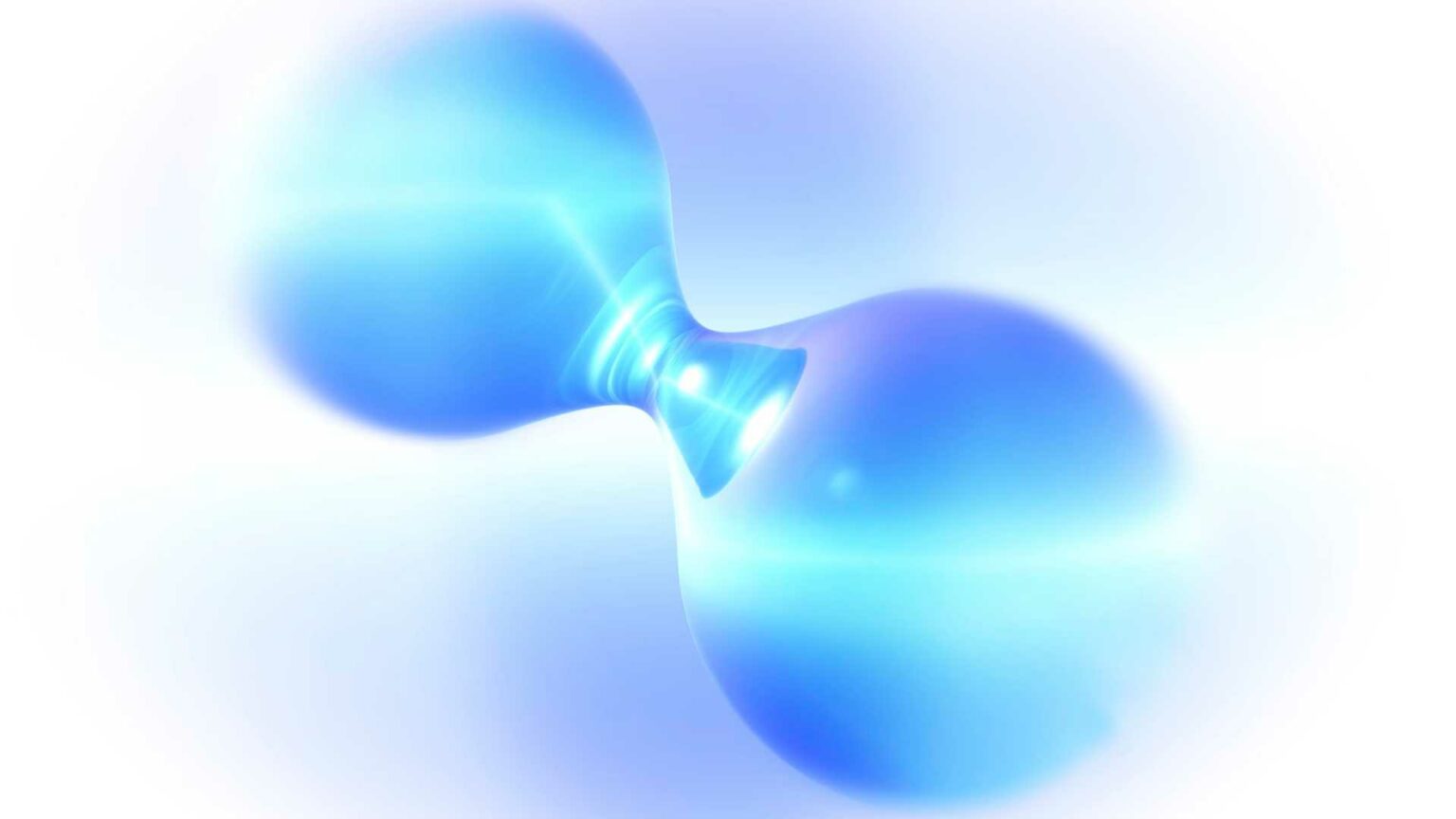In a determined move to achieve climate neutrality by 2040, the state of Baden-Württemberg in Germany is discovering that its path to sustainability depends significantly on an earlier and more substantial supply of green hydrogen. Recent findings from a survey conducted by the Ministry of the Environment suggest that the demand for hydrogen is much greater and arrives sooner than previously assumed.
To meet its 2040 climate neutrality goal, Baden-Württemberg requires an estimated 73.5 terawatt hours of hydrogen by 2035, a demand that is predicted to surge to 90.7 terawatt hours by 2040. These numbers dwarf previous estimates, reflecting a need more than four times higher than what was proposed in earlier studies. This shift is not just about scale; it’s also about timing. The survey underscores that hydrogen will be needed earlier than anticipated. In the coming years, there will be a concrete demand of around 4.1 terawatt hours in 2025, a notable departure from previous predictions that suggested minimal need by 2030.
The Ministry of the Environment attributes this urgency to the ongoing war of aggression against Ukraine and the global energy crisis, both of which have accelerated developments by five to ten years, intensifying the need for a greener and more efficient energy source.
This survey was a collaborative effort that involved reaching out to companies across the state, asking them to report their anticipated hydrogen requirements. The response was substantial, with 474 reports received between April and October. These inputs were processed by the Center for Solar Energy and Hydrogen Research Baden-Württemberg (ZSW), which calculated the total hydrogen requirement.
Green hydrogen, produced using electricity from renewable sources, holds immense potential as an all-encompassing solution in the battle against climate change. It can replace fossil fuels like coal, oil, and natural gas in industries and transportation, significantly reducing greenhouse gas emissions. Hydrogen is produced through electrolysis, a process where water (H2O) is split into hydrogen (H2) and oxygen (O2) using electricity. When this electricity comes from renewable sources, the resulting hydrogen is referred to as green hydrogen. It can be converted back into electricity using fuel cells, providing a versatile and eco-friendly energy solution.
Environment Minister Thekla Walker sees this survey as a validation of the state’s efforts to expand infrastructure and promote dialogue and collaboration. The growth of long-distance pipeline networks plays a pivotal role in achieving hydrogen infrastructure expansion. This comprehensive plan aims to ensure that Baden-Württemberg is well-connected to the German and European hydrogen network, reinforcing its position as a thriving industrial and technological hub.
The focus on hydrogen is supported by the state’s Christian Democratic Union (CDU). They argue that apart from expanding the hydrogen network, Baden-Württemberg should invest in building its electrolysis capacities. This approach promises earlier availability of hydrogen for local industries by 2025 and the development of crucial know-how in hydrogen electrolysis. To facilitate this, they advocate streamlining approval procedures and temporarily relaxing strict European regulations, ensuring a smoother transition into the world of green hydrogen.
